A group of 44 retail leaders across the industry have written to the chancellor of the exchequer, Jeremy Hunt, to call for a freeze in business rates as part of his autumn statement.
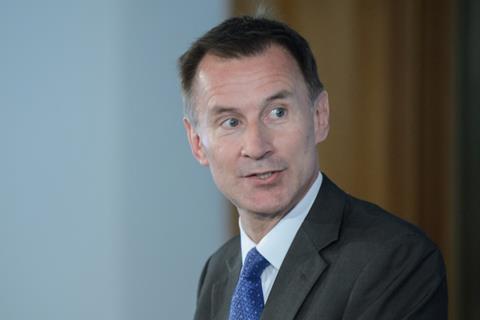
The letter highlights that, without action from Hunt, retailers could see an increase of more than £400m a year to their bills as the business multiplier will rise in April next year in line with the September inflation figure, which is anticipated to be more than 6%.
The letter comes as a recent survey of British Retail Consortium (BRC) members showed that 68% of retailers were “very concerned” about the business rates increase and 69% said it would place “significant pressure” on the prices paid by customers as a result.
According to the survey, retailers also warned that the business rates increase would hold back investment in new shops and warehouses.
The BRC helped retailers to write the letter, which said: “ Retailers have worked hard to absorb as much additional cost as possible amidst record cost inflation over the past 18 months.
“Operating profit margins have significantly contracted as a result, as the Competition and Markets Authority reported in July. This effort is starting to bear fruit as BRC’s data shows that shop price inflation fell to 6.9% in August, part of a continuing downward trend from a peak of 9% in May.”
Signatories include Aldi, Asda, Boots, Sainsbury’s, Currys, Lidl, Marks & Spencer, Morrisons and The Works among others.
BRC chief executive Helen Dickinson said: “The chancellor must freeze rates to help keep a lid on retailers’ already high costs. With shop price inflation having eased for three consecutive months, it is vital that the government does not add to the cost burden and undermine this progress.
“A £400m rates rise will also cost jobs, harm the economy and damage the vibrancy of our town and city centres. While other business taxes, such as corporation tax and VAT, rise and fall with the movements in the economy, business rates must be paid in full whether firms are making a profit or a loss.
“This makes business rates the difference between retailers being forced to close existing stores [and] opening new ones.”





















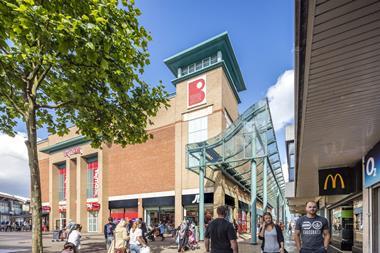

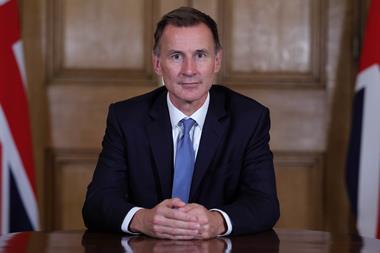
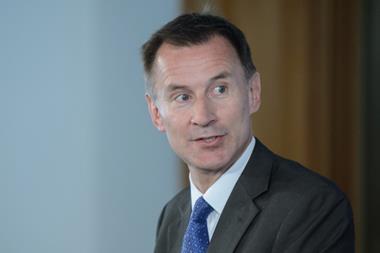
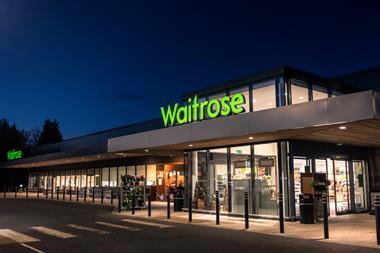
1 Reader's comment